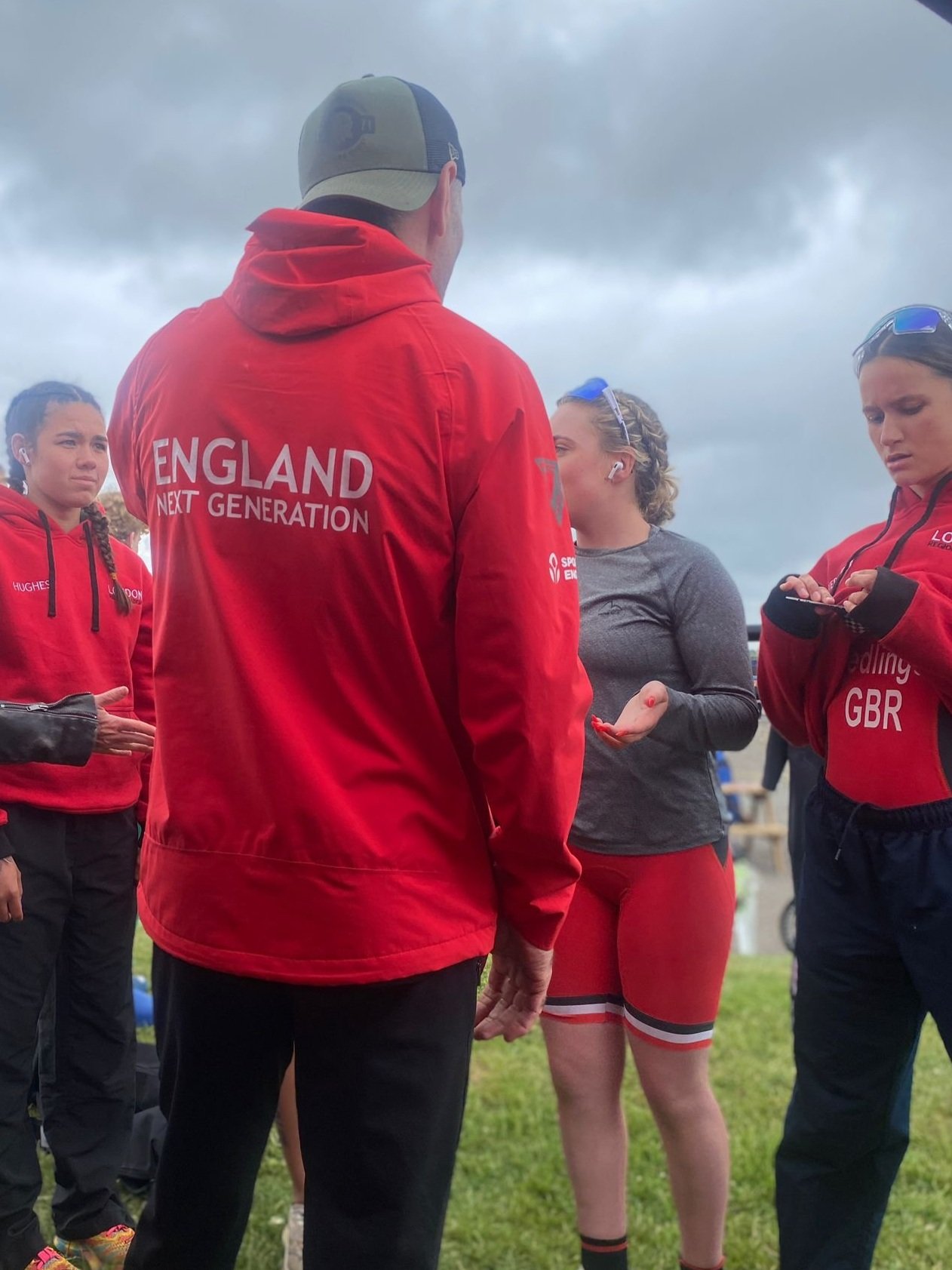
Triathlon Coaching
Can Mental Toughness Be Trained?
Firstly, what is mental toughness?
Is it never having those thoughts of quitting or slowing down? No, this is natural.
To me, mental toughness is about finding a way to deal with these moments, coming through adversity/ a wobble, and maybe, just maybe having a wee smile to yourself when you do!
Enthusiasm vs. Desire
In the past few years I've watched some very ordinary* young triathletes become very accomplished juniors; and a 29 year old city Lawyer take 19th in the London Olympic triathlon after only 18 months as a full-time athlete. Then there's the 40+ age grouper who sits on the turbo for up to five hours and then achieves a sub 9 hour ironman, a feat he never thought possible four years earlier.


